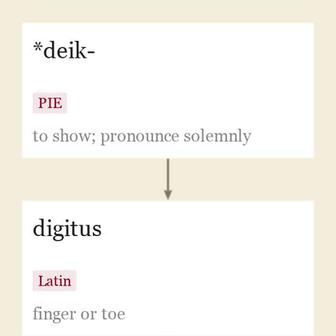digitize v.
1704, "
updated on August 18, 2018
- imperforate
- imperial
- imperialism
- imperialist
- imperialistic
- imperil
- imperious
- imperishable
- imperium
- impermanence
- impermanent
- impermeable
- impermissible
- imperscriptible
- impersonal
- impersonality
- impersonate
- impersonation
- impersonator
- impersuadable
- impersuasible
- impertinence
- impertinent
- impertinently
- imperturbable
